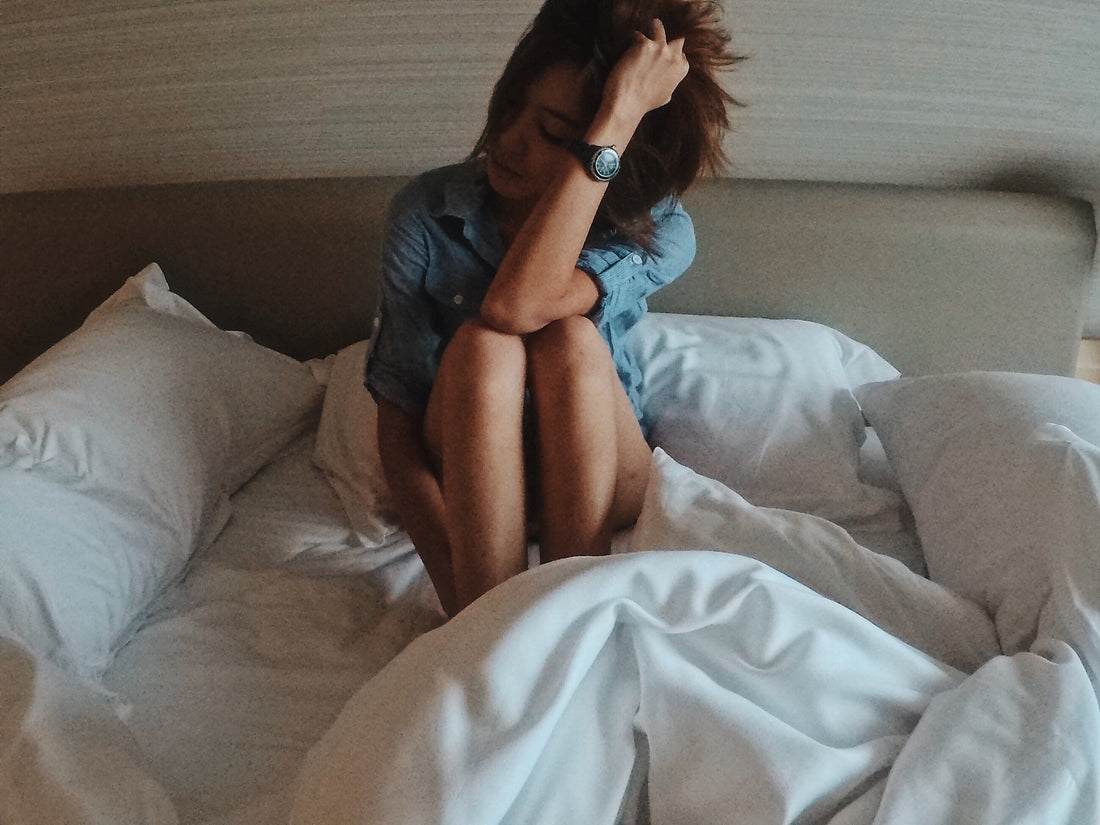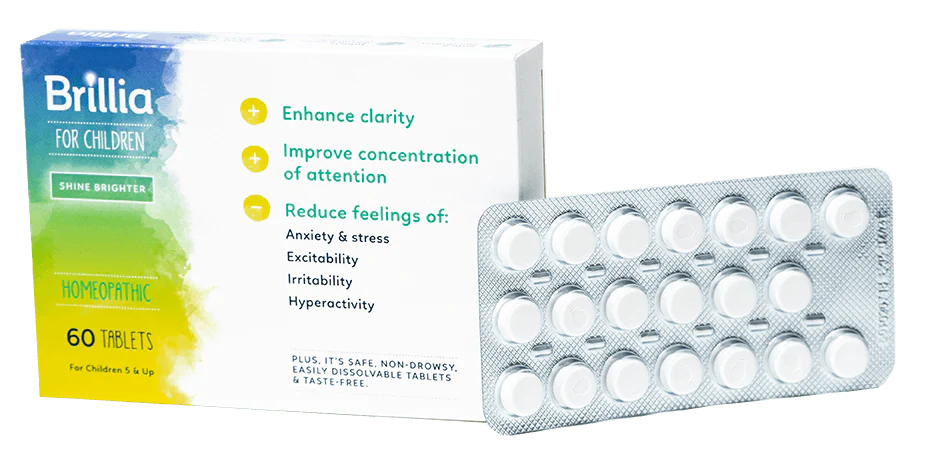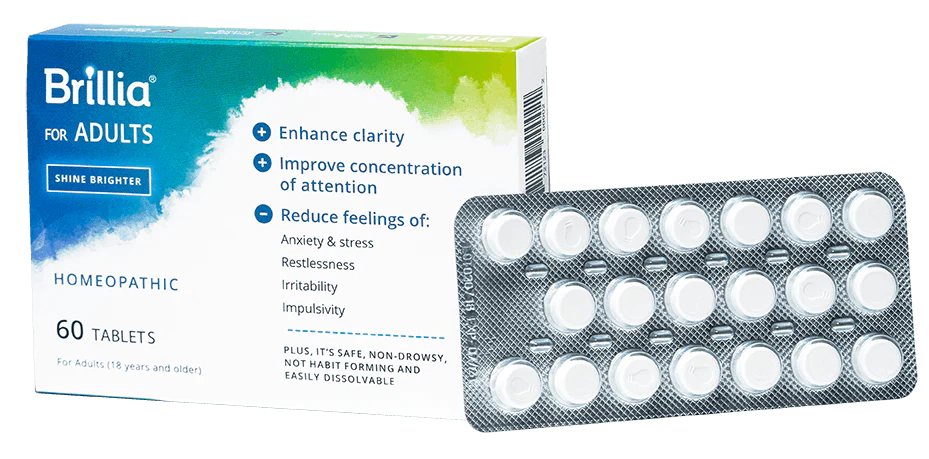If you’ve been having trouble falling and staying asleep in recent months, you’re not alone. Whether due to anxiety, loss of routine, obsessive news consumption or all of the above, the rates of insomnia since the COVID-19 pandemic started have skyrocketed. But why, and what can you do about it?
How COVID Could Be Impacting Our Sleep Patterns
The most obvious way in which COVID-19 has contributed to the rates of insomnia is that it causes people to worry. From job loss to financial strain to health concerns, everything about this current pandemic is anxiety-inducing. While sleep is just what you need to take your mind off your worries, the unfortunate truth is that one of the symptoms of anxiety is insomnia. When people are anxious for any reason, pandemic or not, their nervous systems become hyperactivated, and a hyperactivated nervous system does not easily surrender to sleep. To make matters worse, lack of sleep diminishes your ability to regulate emotions, meaning any stressors that you experience will feel more stressful, creating a vicious, sleep-losing, anxiety-inducing cycle.
Anxiety aside, there are other ways in which COVID could be impacting our sleep patterns. Upset routines have caused many people to forego set bedtimes and wake up times. During the mass shutdowns, many individuals claimed to have lost track of days and times. The lack of daily interaction, rhythm and activities that would normally make the body tired have caused many to become restless, which becomes evident when it’s time to get some shut eye. Finally, the obsessive need to consume COVID-related information means more people are staying up at night staring at their phones or watching television, and research has shown that the shorter wavelengths in blue light interferes with your melatonin production because our bodies are more sensitive to them.1
Sleep Problems During Coronavirus
Insomnia and other sleep disorders have become so prevalent during the COVID-19 pandemic that researchers and physicians have created a new term for it: Coronasomnia. If something doesn’t change soon, and if sleep problems persist throughout the population, experts worry that Coronasomnia could have devastating public-health ramifications. Experts fear that many cases of insomnia will evolve into chronic insomnia, which is much more difficult to treat. According to the Washington Post, chronic insomnia is characterized by decreased productivity, increased risk of hypertension and depression, and shorter fuses.
Shine Brighter
How to Cope with Insomnia
Insomnia is undeniably frustrating, but it does not have to be a permanent part of your life. Below are a few steps you can take to get back on a healthy sleep schedule:
- Establish a Routine and Stick With It: Create consistency in your life, even if you don’t necessarily have to. Establish set wake-up and bedtimes, work during certain hours, schedule a time to exercise and have dinner at the same time every night.
- Exercise Daily: Regular exercise can greatly improve your quality of sleep. Not only does exercise tire the body but also, it helps the body control stress and anxiety. Make sure to exercise at least three hours before bedtime, though, otherwise it will have the opposite effect.
- Practice the 5 Pillars: Our 5 Pillars Program combines both neuroscience and behavioral science to help individuals lead a healthier life. Each pillar — which includes improving nutrition, practicing meditation and controlling your screen time, improving sleep, as well as taking Brillia—directly contributes to an improved quality of sleep.
If you’ve been struggling with insomnia since the start of the pandemic, you’re not alone. Although the above lifestyle changes will improve your life greatly, there are other options to try as well if you are feeling you need a bit more support. Holistic over-the-counter products, such as Brillia, work to reduce symptoms of stress you may be feeling without the scare of harmful side effects. However, if your symptoms continue or grow worse, know when it is time to seek the help of a professional.







